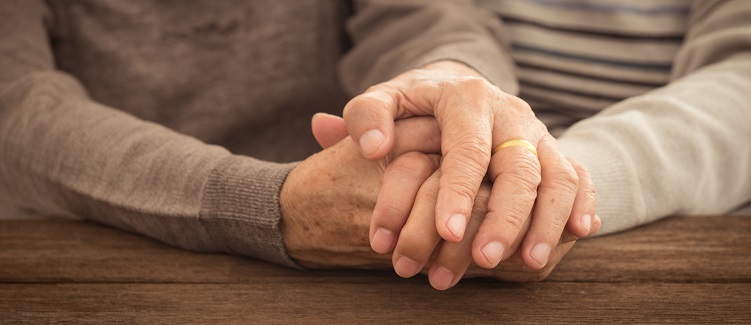Affecting approximately 36 million Americans, hearing loss is one of the most common medical conditions found in people of advanced age. It can alter nearly all aspects of life: Those suffering may miss out on conversations with friends, the ringing of the doorbell, and even the sounds of traffic on the road.
If untreated, if can have a major impact on your health, causing memory problems, depression, headaches, and more. Surprisingly, it often begins to occur at a much younger age than you may expect — many people begin to experience declines in hearing while in their 30s.
Never Miss a Beat!
Subscribe to Our HealthBeat Newsletter!
Thank you for subscribing!
You can now select the specific newsletters you'd like to receive.
You are already subscribed.
Subscribe to more newsletters in our email preference center.
Sorry, an error occurred. Please try again later.
Get Healthy Tips Sent to Your Phone!
Types of Hearing Loss
The two most common forms are age-related and noise-induced.
Age-related
Some degree of hearing loss may be a normal part of aging.
Age-related hearing loss occurs gradually and tends to affect each ear equally. It’s often the result of changes in the inner ear.
“Hearing loss is common,” says Steven Jones, MD, an otolaryngologist with UPMC Metro ENT Associates. “About 50 million Americans have clinically significant hearing loss, and by that I mean the type of hearing loss that can affect them in their day-to-day lives. We’ve also found that hearing loss is more likely with age and, if you reach age 75, you have a 2 in 3 chance of having some sort of significant hearing loss.”
Because it occurs over time, it can be difficult to recognize. It can be worsened by a number of factors, including lifestyle habits like smoking, and medical conditions, including diabetes and high blood pressure.
“What most patients complain about is hearing voices, ’cause that’s what they really wanna hear,” says Dr. Jones. “We found that certain situations pose extra difficulty. Anytime there’s background sounds like a party or a restaurant, large open spaces like a church or a theater, there’s often difficulty here and patients often have trouble with electronic sound transmission like TV or a telephone.”
Noise-induced
Noise-induced hearing loss develops as a result of long-term exposure to excessive noise. It may be the result of damage to the sensory hairs in your ear, ruptured eardrums, or damaged bones in the middle ear.
It can happen at any age and can occur suddenly or gradually. It may also affect your ears differently. Industrial sounds, gunshots, and explosions are all possible causes.
How You Can Prevent Hearing Loss
In many older adults, loss of hearing is related to a combination of age-related and noise-induced factors. Unfortunately, researchers aren’t entirely sure what causes age-related loss. We can take steps, however, to protect ourselves from noise-induced causes by wearing earplugs during exposure to loud sound, firearms, or outdoor equipment. We should also limit our exposure to prolonged loud noises.
What You Can Do to Protect Your Hearing
When you are exposed to excessive noise, wear hearing protection. Earplugs and noise-blocking headphones help reduce the amount of sound reaching your ears. And try to limit the amount of time you are exposed to noise.
Talking to Your Doctor
If you suspect you are starting to lose your hearing, you should consult a doctor. While there is no cure, there are many ways to treat and help reduce the effects over time.
For more, visit the website for Ear, Nose, and Throat Services at UPMC.
Editor's Note: This article was originally published on , and was last reviewed on .
About Ear Nose and Throat
The experts in the UPMC Department of Otolaryngology treat a variety of ear, nose, and throat (ENT) conditions in both children and adults. Our team includes board-certified physicians and highly skilled speech-language pathologists and audiologists. We provide both surgical and nonsurgical treatment options. Our research and clinical trials help to advance care for our patients. Find an ENT expert near you.
